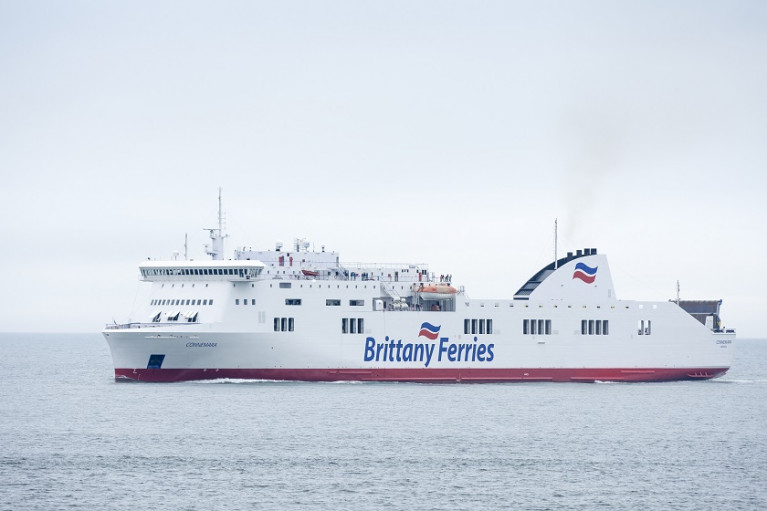Displaying items by tag: Repatriate Truckers
Operator Brittany Ferries Asked by Governments if it Can Repatriate Irish Lorry Drivers
Governments from Ireland and France have made contact with Brittany Ferries about running a ferry from France to repatriate Irish lorry drivers stranded in Europe by France’s Covid travel ban on Britain should the need arise.
As The Irish Times reports, the French shipping line is understood to have been asked by the French transport minister, Jean-Baptiste Djebbari, to examine whether it could provide capacity for a sailing to Ireland should it be required to accommodate Irish hauliers affected by the ban on travel to and from Britain.
There have been discussions between Irish and French government officials and with ferry companies to see if additional ships could be redirected in the wake of the ban introduced on Sunday night to prevent the spread of a new infectious coronavirus strain from Britain.
Discussions are taking place about whether Brittany Ferries should run a ship from the port of Caen to Rosslare. The company already runs a service between Rosslare and Bilbao in Spain and is due to (open) a new service between Rosslare and Cherbourg from March.
Government officials are assessing whether the additional capacity provided by Stena Line running a second ferry on the Rosslare-Cherbourg route (today) will meet the required demand.
There will be two Stena ferries leaving for Cherbourg following the announcement.

























































